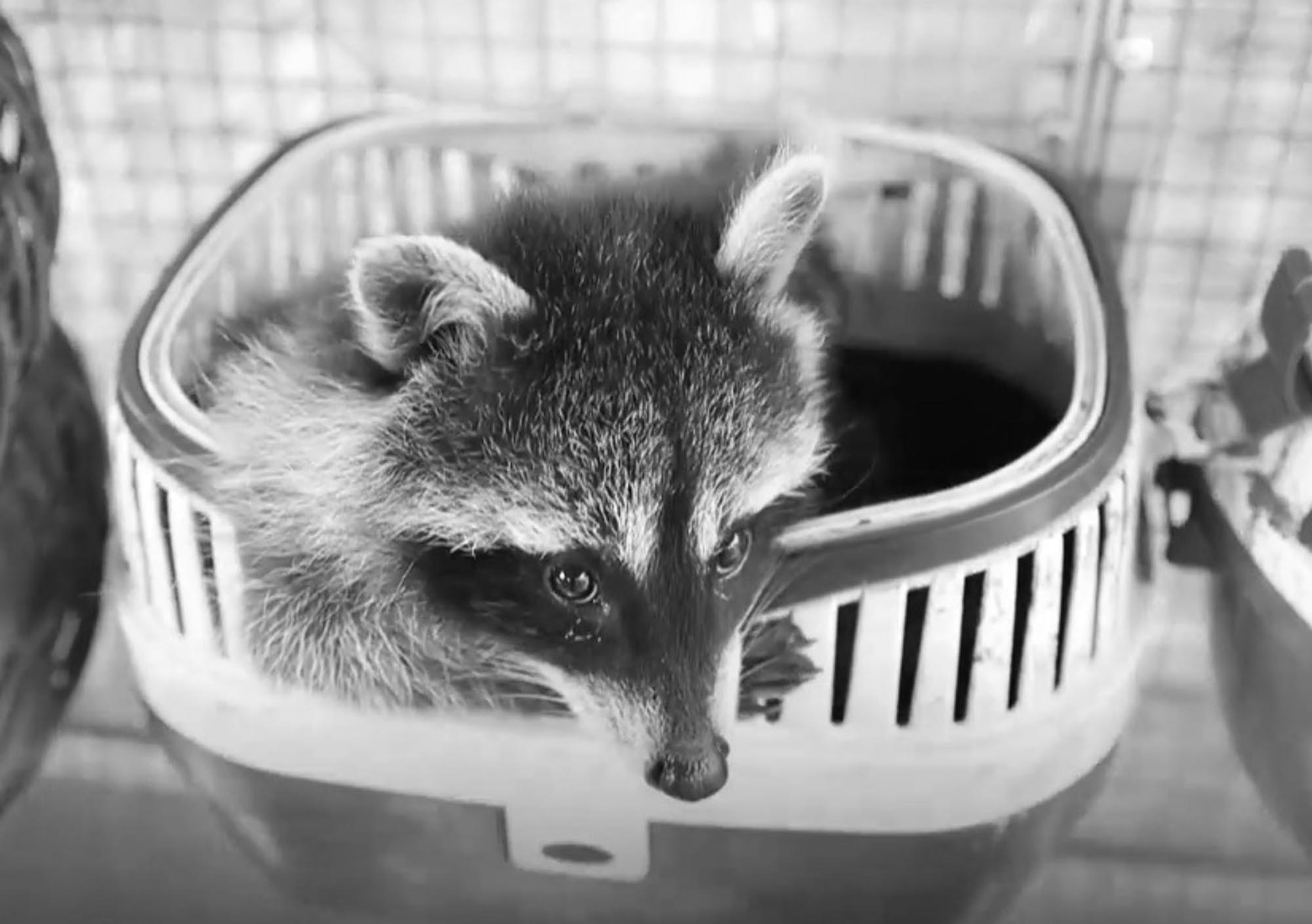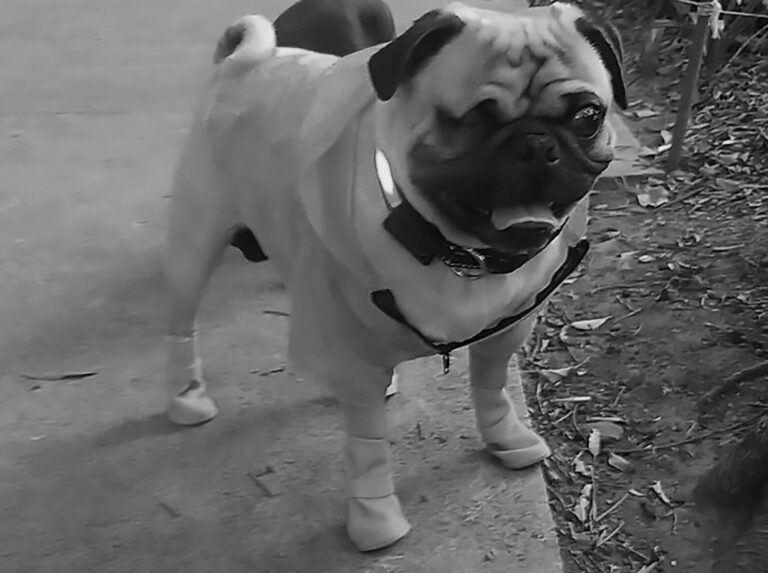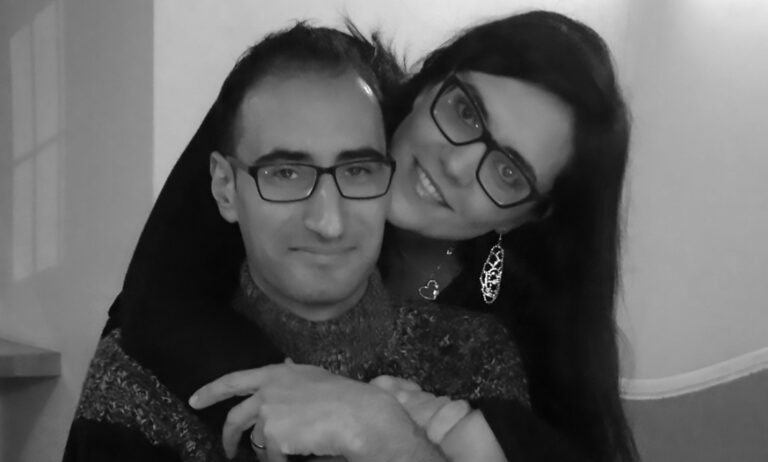These are the cute raccoons facing extermination under EU law being cared for by an animal shelter fighting to save their lives.
The four raccoon babies have been living in the wild animal shelter in the town of Klein Offenseth-Sparrieshoop in the northernmost German state of Schleswig-Holstein for three weeks after they were found in an attic.
When the four were brought to the shelter they were completely helpless, with the shelter thinking that the raccoons sought safety in the attic after their mother, of whom there was no trace at all, was killed in a road accident.
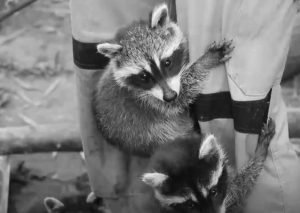
Animal carer Katharina Erdmann said: “We first had to make sure that they were kept warm and got their milk.”
Heart-warming pictures show the raccoons exploring their new premises and playing with each other as well as with their caretakers.
The small mammals, however, face a new challenge in life as according to EU regulations they should not be allowed to live.
EU laws forbid the shelter to reintroduce the four animals into the wild when fully nurtured and they are forbidden from transporting them over a longer distance – which makes it almost impossible to deliver them to other shelters or zoos.
According to this “regulation on invasive species” which Germany was forced to adopt in 2017 being an EU member state, it is forbidden from keeping raccoons, even in zoos.
The northern German shelter has a special permit to keep raccoons in consultation with the responsible veterinary office, but this exemption is only valid for a very small, limited group of raccoons, a number which was already reached before the four adorable babies were brought in.
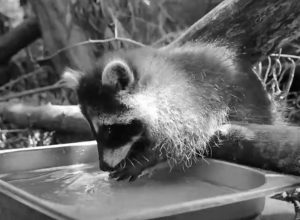
The German animal carer said that “the EU regulation hangs over us like a sword of Damocles” as there are bound to be more raccoons in need now the summer is coming.
Erdmann said that although she would never allow the EU to kill her four raccoons, she said that it is impossible for the shelter to help other raccoons.
Erdmann said: “Now an old lady has called us who found raccoon babies, but I could only give her advice on how she can feed the animals herself.”
There are currently around 50 animal and plant species categorised as invasive.
According to local media, member states have been given the option whether they should be rigorously exterminated or just decimated in population.
It is stipulated that the animals on the list may no longer be kept, bred or transported – although zoos and wildlife parks were given transitional periods to let their animals die out in a natural way, which is, for example, the case with the raccoon population at the Schwarze Berge Wildlife Park near Hamburg.
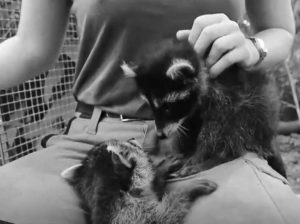
So far there is no regulation on what should become of animals that are injured or found as babies.
Erdmann said: “You could simply castrate the male raccoons and then release them.
She said it would have two advantages as the animals could live freely and the population would nevertheless be contained at the same time.
Erdmann said: “Where a castrated male raccoon occupies a territory, there is no other raccoon.”
To find out more about the author, editor or agency that supplied this story – please click below.
Story By: Koen Berghuis, Sub-Editor: Joseph Golder, Agency: Central European News

